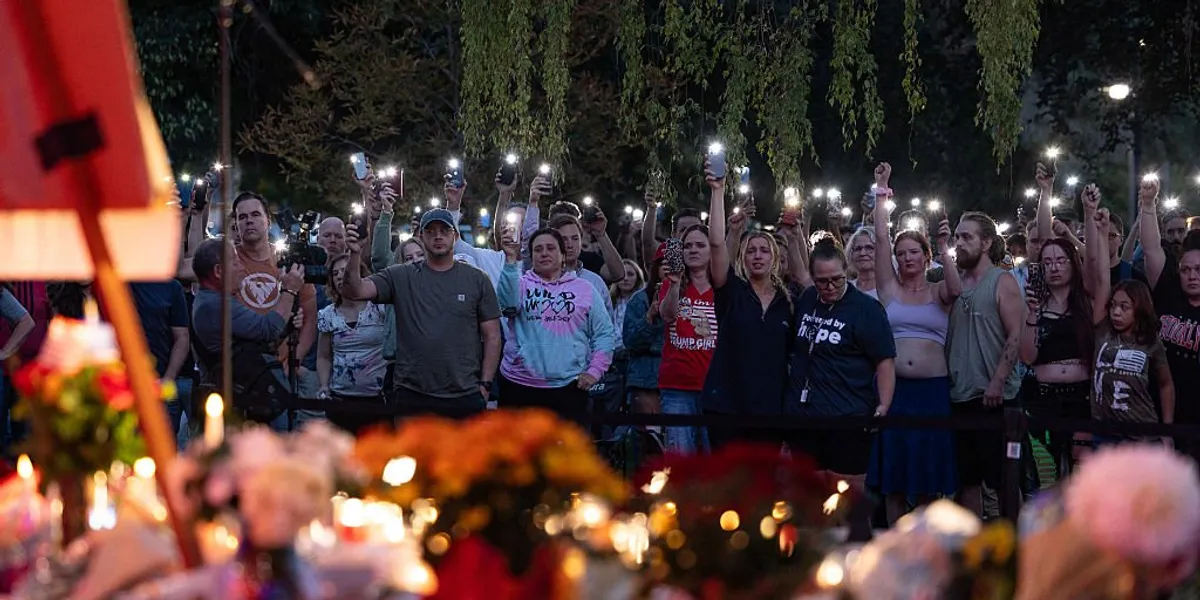

America once taught kids to brush off insults with resilience. But calling words “violence” opened the door to real bloodshed in Orem, Utah.
“Sticks and stones may break my bones, but words will never hurt me.”
If we let this moment harden us into bitterness, we’ve lost. But if we let it challenge us to live with purpose, we’ve won.
Every kid in America grew up hearing that line. On the playground, it was more than just a rhyme — it was a shield. It taught us to brush off insults instead of escalating them. It taught us that words, while sometimes harsh, don’t have to define us. But somewhere along the way, our culture flipped the script.
We stopped teaching resilience and started preaching fragility. Words became “violence.” Disagreement became “hate.” And once you convince people that words themselves create wounds, it’s only a matter of time before someone decides that the “logical” response is actual violence.
That’s how we ended up mourning the assassination of Charlie Kirk.
Charlie’s death is not just an atrocity — it is a symptom of a deeper sickness. For years, our media, politicians, and institutions have peddled the idea that political opponents aren’t just wrong; they’re dangerous. That rhetoric doesn’t stay on the page or the teleprompter. It seeps into unstable minds. While most of us shrug it off, a few always take it literally — lone wolves who believe the time for words has ended and the time for blood has begun.
Not every politician gets that. But Utah Gov. Spencer Cox (R) did. In the wake of Charlie’s assassination, Cox’s response stood out. He didn’t rush to score cheap political points. He spoke about tone, about rhetoric, about responsibility. He reminded us that in a moment when it feels easiest to shout, the real work is to listen. That’s rare. And it’s exactly the kind of leadership this country needs right now.
Charlie built something that words alone couldn’t destroy. Turning Point USA is the greatest grassroots movement for conservative values in modern history. There have been 32,000 inquiries about starting a chapter. That may be 32,000 schools filled with young people who are hungry for truth, direction, and the courage to stand up for their values in a culture that tries to drown them out.
That doesn’t happen by accident. That happens because Charlie gave people permission not just to speak, but to stand. And he did it with a resilience that the “sticks and stones” generation would recognize.
He never accepted the idea that free speech is harm. He never believed that disagreement is hate. He spoke the truth boldly, and he trusted the next generation to be strong enough to hear it. That was his gift, and it’s why his death hit us so hard.
We often ask, “Would you be willing to die for something?” It’s the ultimate test of conviction. Soldiers die for freedom. Martyrs die for faith. Heroes die for country. Charlie Kirk, like so many before him, paid that price. But maybe it’s time to flip that question. Maybe it's time to ask ourselves, “Are you willing to live for something?”
That’s the lesson of Christ himself. Yes, Jesus laid down His life on the cross. But before that, He lived every breath in service of the Father’s will. Every parable, every act of compassion, every miracle was part of a life lived for truth. His death mattered because His life had meaning.
Charlie Kirk’s death matters because his life had meaning. But now, it’s our turn.
Living for something is harder than dying for it.
Living means staying in the fight when you’re exhausted, showing up for your family even when the world says it’s easier to check out, and defending free speech — even speech you don’t like — because you know truth only rises when all voices are heard.
Living means lowering your voice when everyone else is screaming, and lifting up your neighbor when everyone else is tearing them down.
And living means refusing to paint every political opponent as an enemy. We all have friends across the aisle who would never condone violence. But we also know certain ideologies, media narratives, and political leaders pour gasoline on division. Some are complicit by commission, others by cowardice. Yes, they need to be called out, but we must also refuse to let hatred dictate our response.
RELATED: Charlie Kirk sparks viral Christian revival: 'I'm going to go take his seat for him'
 Photo by David Ryder/Getty Images
Photo by David Ryder/Getty Images
That’s where Cox’s restraint matters. That’s where Charlie’s grassroots legacy matters. That’s where the “sticks and stones” lesson matters. Because if we let this moment harden us into bitterness, we’ve lost. But if we let it challenge us to live with purpose, we’ve won.
Neither the government nor the media will solve this. Only we the people can solve this. The overwhelming majority of Americans — Republican, Democrat, independent — are not violent. They want to raise their kids, go to church, coach Little League, and live in peace. It’s time for that majority to set the tone again, to prove that dialogue beats demagoguery. That sympathy beats rage. That faith beats fear.
Charlie Kirk showed us how to fight with courage. Now it’s our job to fight with character, to show the next generation that “sticks and stones” is still wisdom, not weakness, and to remember that while one man’s death can shock a nation, it’s the way millions of us live that will heal it.
Charlie’s life was a challenge. His death is a charge. Let’s take it up. We must not only be ready to die for something — we must be ready to live for something.
.png)
 2 hours ago
2
2 hours ago
2





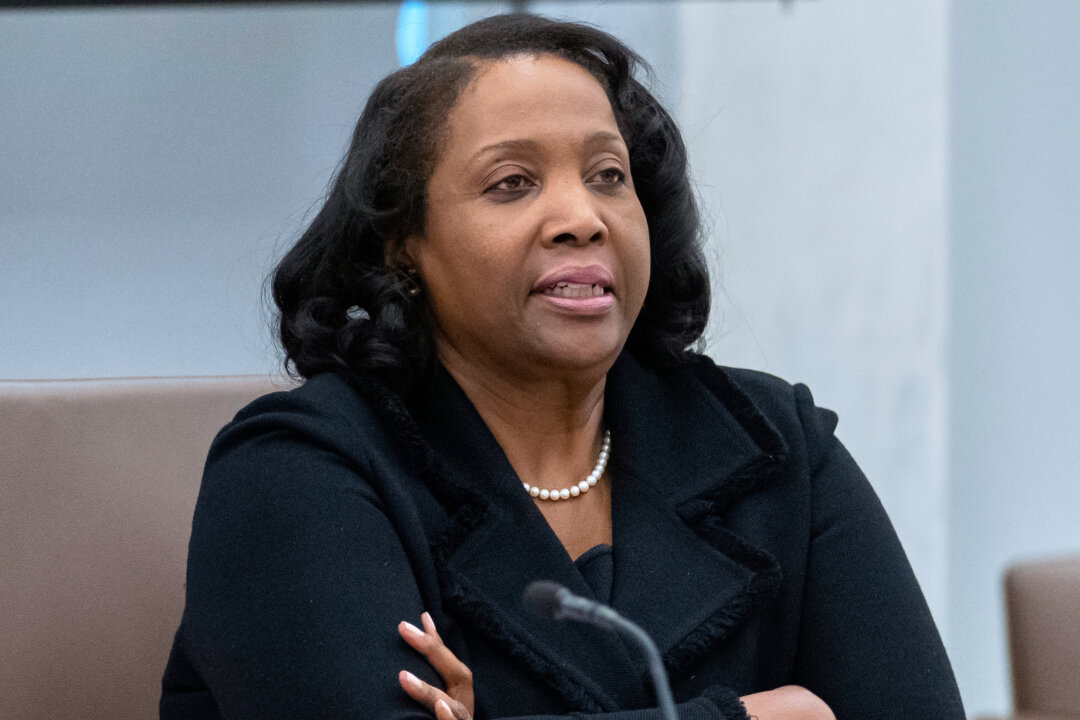

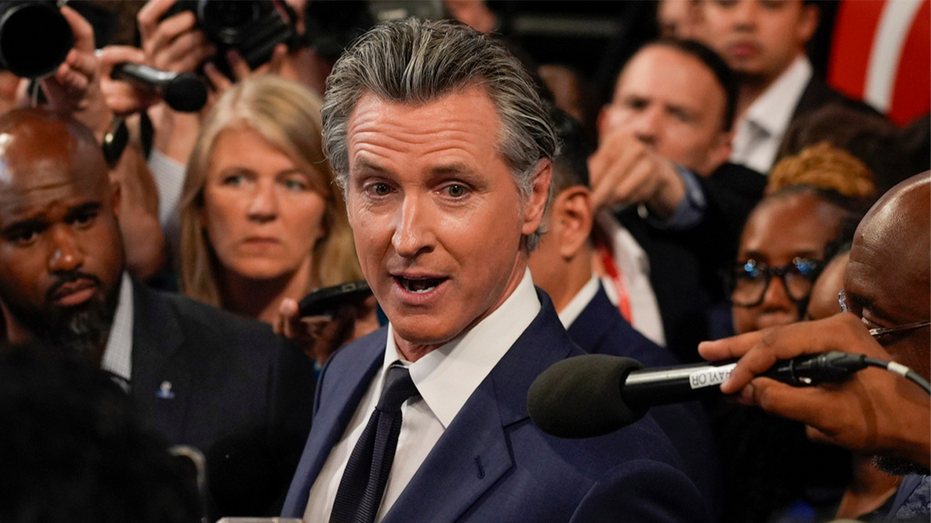
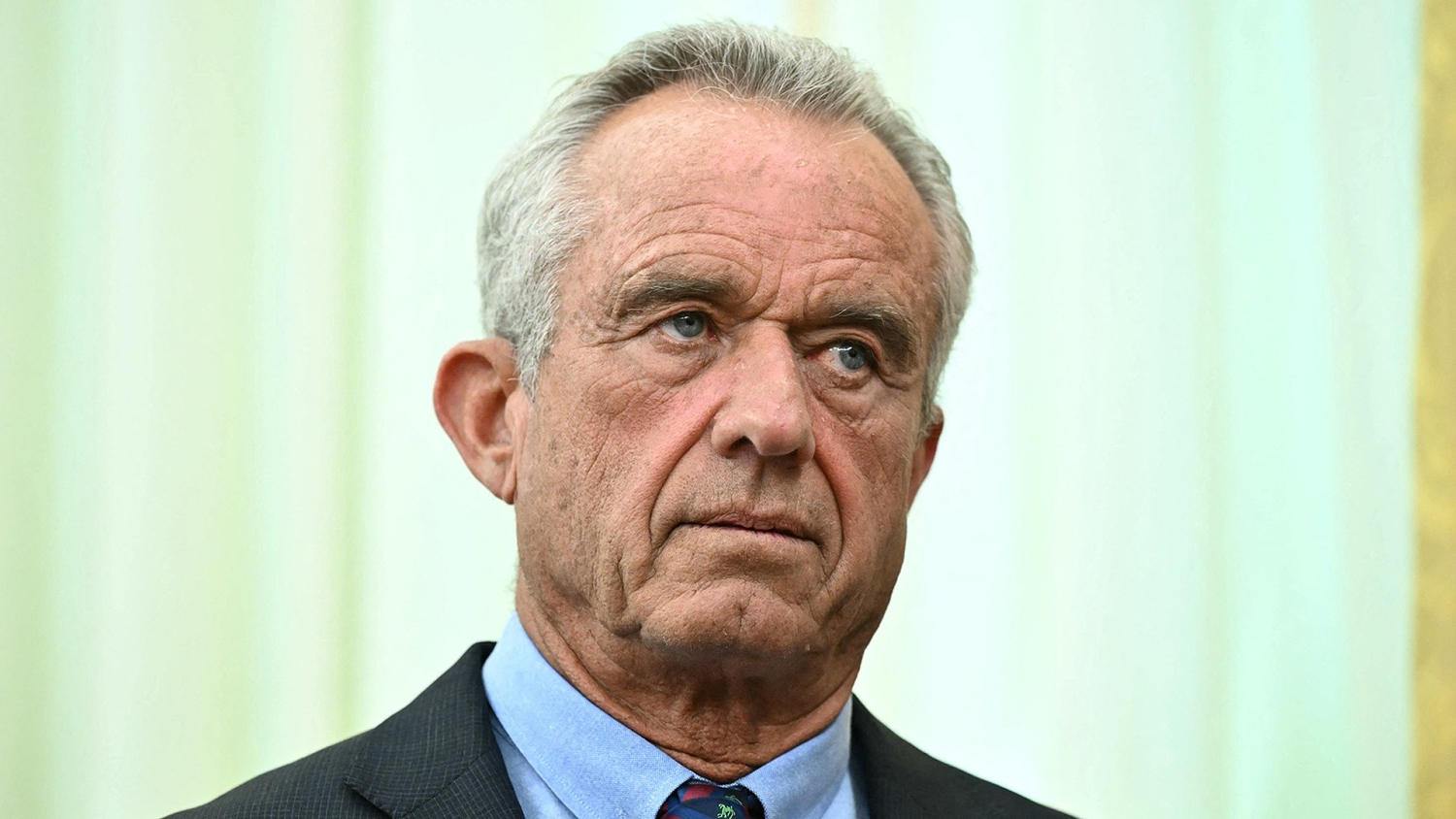
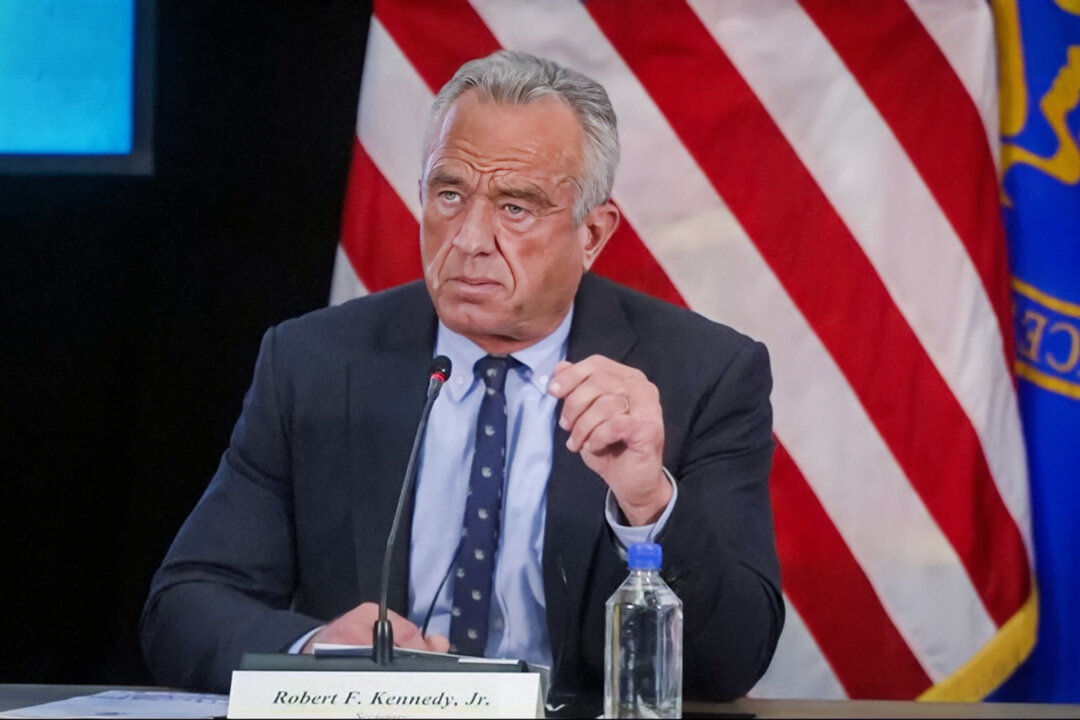


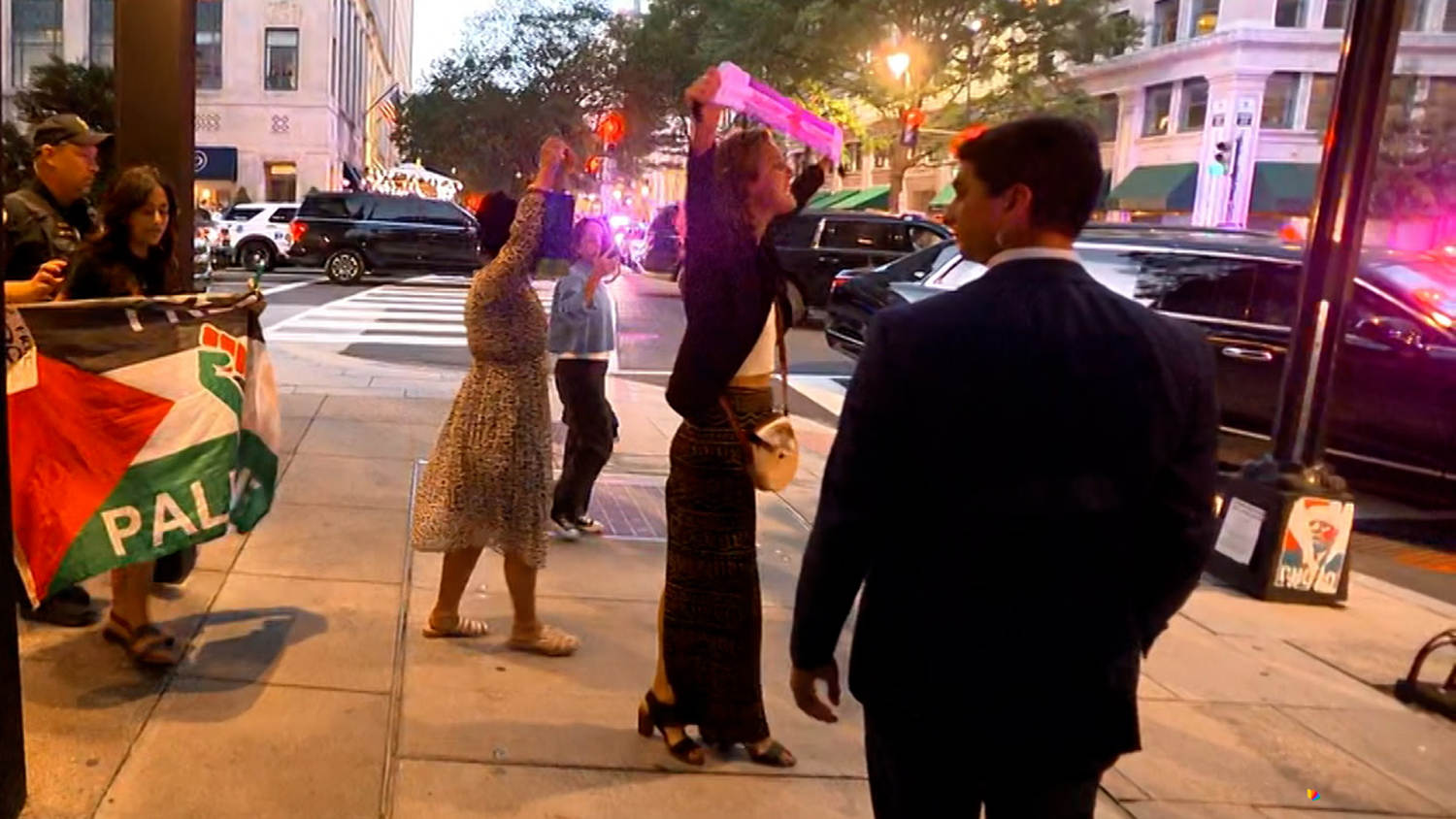

 English (US)
English (US)